Vladimir Putin has committed many crimes, but his political tactics at least from his own point of view have been brilliant, keeping his opponents off balance and ensuring that he will retain the support of the Russian population. But now he has made what can only be described as an unforced error, one that is likely to come back to haunt him.
Yesterday, the Kremlin leader announced that he was taking personal control of Russia’s Federal Archives Agency (RosArkhiv), declaring that he is doing so because of the “special value” of documents contained there.
The fact that Soviet and Russian politics has often been about controlling the past in the name of controlling the future is no news, and it is certainly the case that the chief current defender of that country’s security services and their dark history should want to ensure that he has absolute control over documents that might be embarrassing or worse.
But that was true of his predecessors as well, and none of them chose to take direct control of the archives, not only because they viewed this as a technical issue but also because they were confident that they had subordinates who would do their bidding in that regard. By taking direct personal control, Putin has raised two serious questions:
- On the one hand and most immediately, are there things in the archives that are so threatening to him and his regime that he cannot risk having anyone else be in charge?
- And on the other and more ominously, is the circle of people on whom he can totally rely now narrowing to the point that he has no choice but to assume personal control?
That such questions will now be asked is beyond question, and the answers, even if they are speculative or uninformed, will harm Putin.
Consequently, the Kremlin leader, in this regard, has done something even worse than a crime: he has committed a serious political mistake – and it is certain to haunt him in the future.
Related:
- Putin’s Russia well on its way to ‘criminal neo-totalitarianism’ with a ‘neo-terror’ and a ‘neo-GULAG,’ Pastukhov says
- ‘Putin – just a link of a single KGB chain’ ruling Russia
- Expert: Putin’s Russia now ‘one large KGB special op’
- Russia’s criminalization of protest: Ildar Dadin’s appeal and Article 212.1
- Russian Stalinists recognize Putin as one of their own
- Kadyrov, Putin and the desensitization of Russia

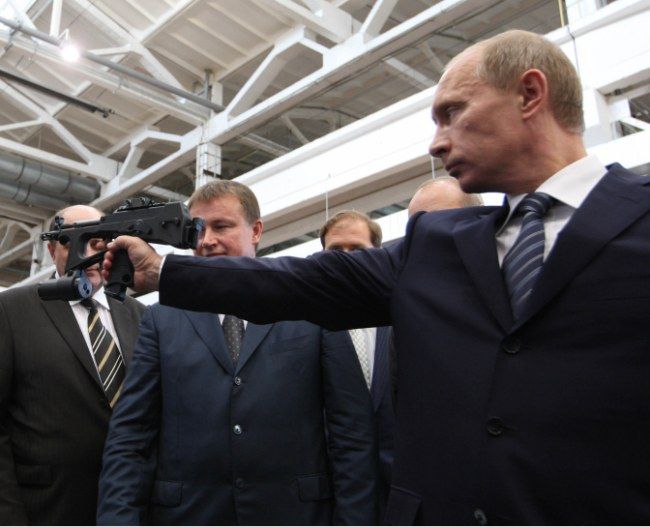
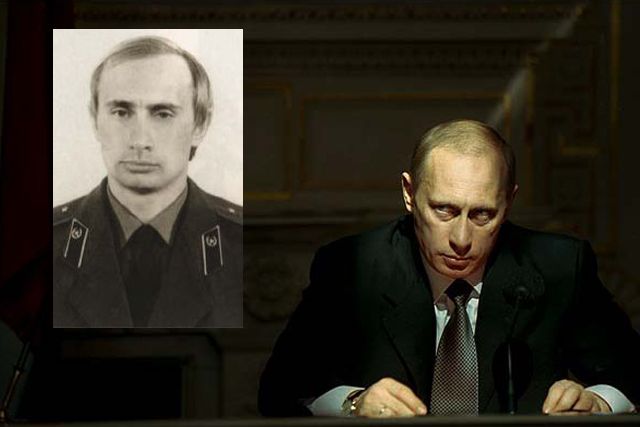
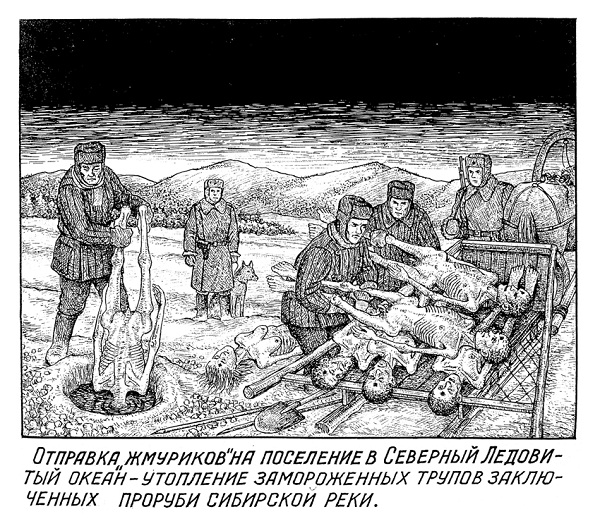
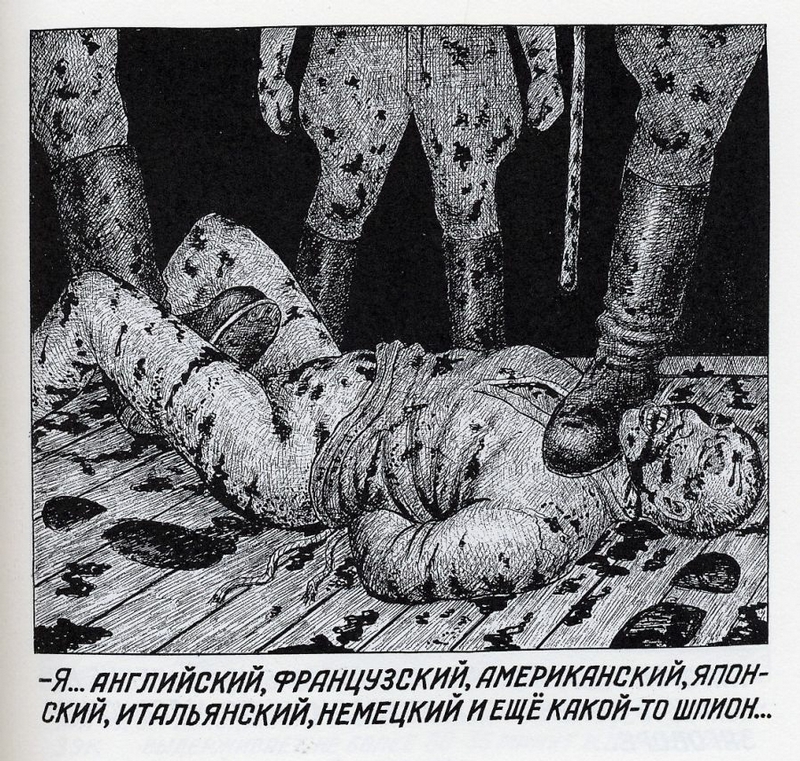
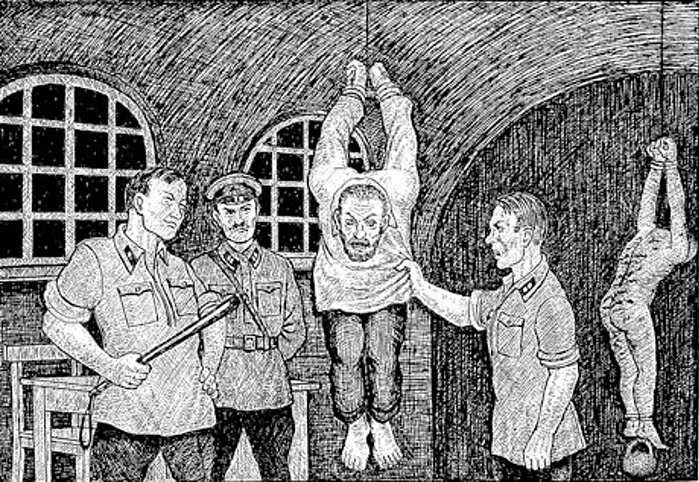



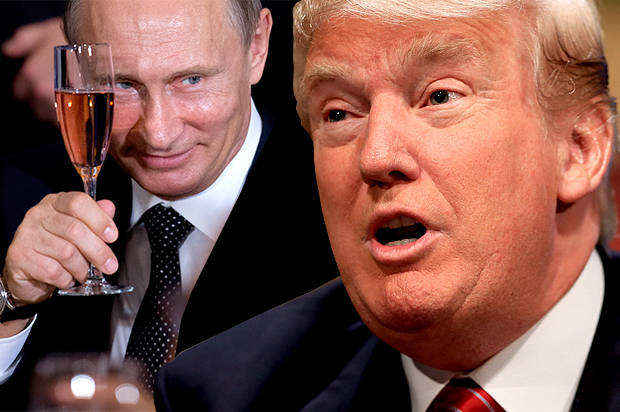
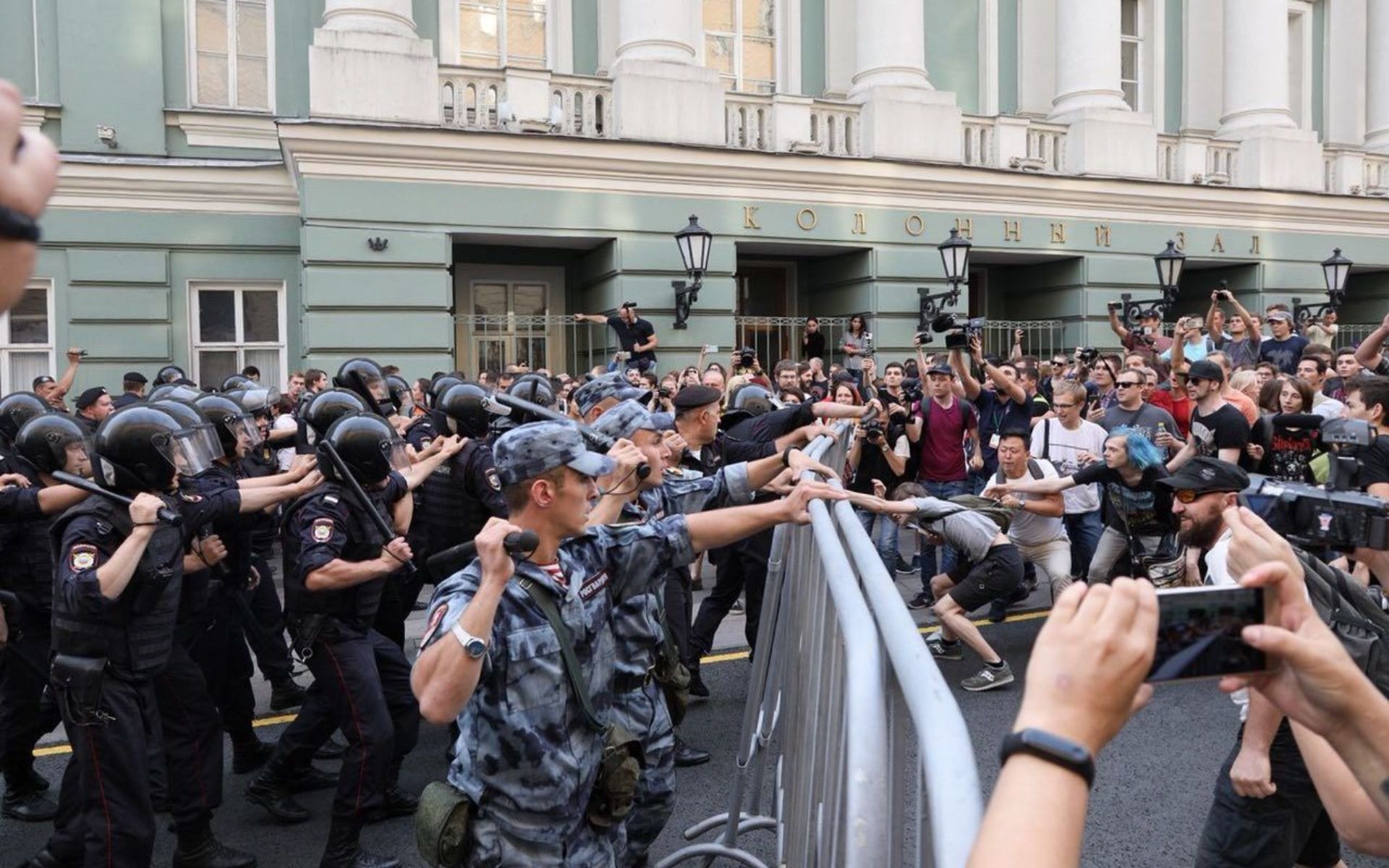
![Vladimir Putin's wrestling coach, the person who reportedly helped him get admitted to the Leningrad State University using his connections, was one of the city's top criminals, had served 20 years in prison, and died in a gang battle at 57. Putin admiringly wrote about him in his memoirs called "From the First Person" without using the coach's surname or mentioning his criminal links (for obvious reasons). As the engraving on his grave stone states, the coach Leonid Ionovich Usvyatsov composed the epitaphs himself. [Translator: Please note that in the original Russian the epitaphs crudely rhyme, but the translation did not attempt to reproduce rhyming prioritizing accuracy instead.] The epitaph on the front panel says: "A grave and on the grave there is an epitaph: 'I am dead, but mafia is immortal.'" The back panel is engraved with the following epitaphs: "Hooray! I finally died!!! All of my life I worked for broads like a slave. Now I won't spend a kopeck on this liver sausage anymore." "I gave her my two final bangs and then was carried away on a hearse." "Let's drink to us all, because the curtain will soon fall." (Image: openrussia.org)](https://euromaidanpress.com/wp-content/uploads/2015/12/4bbcb9a683811.gif)
